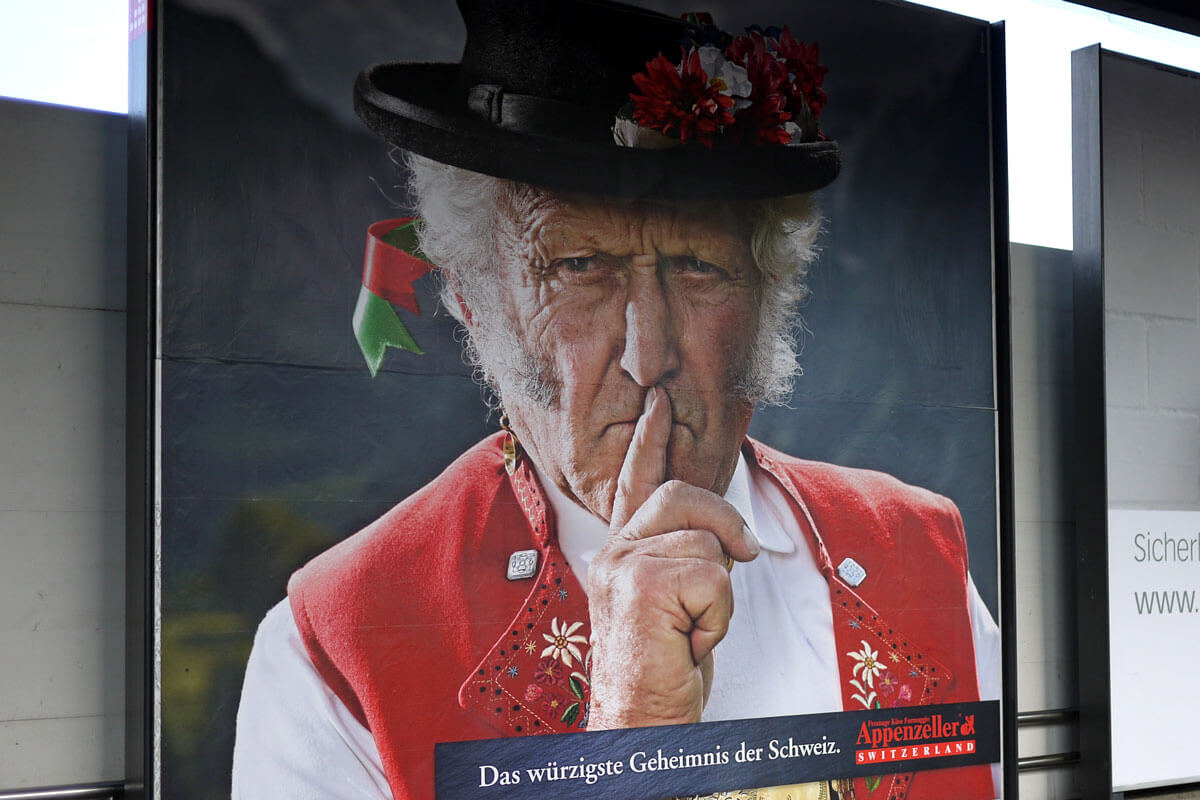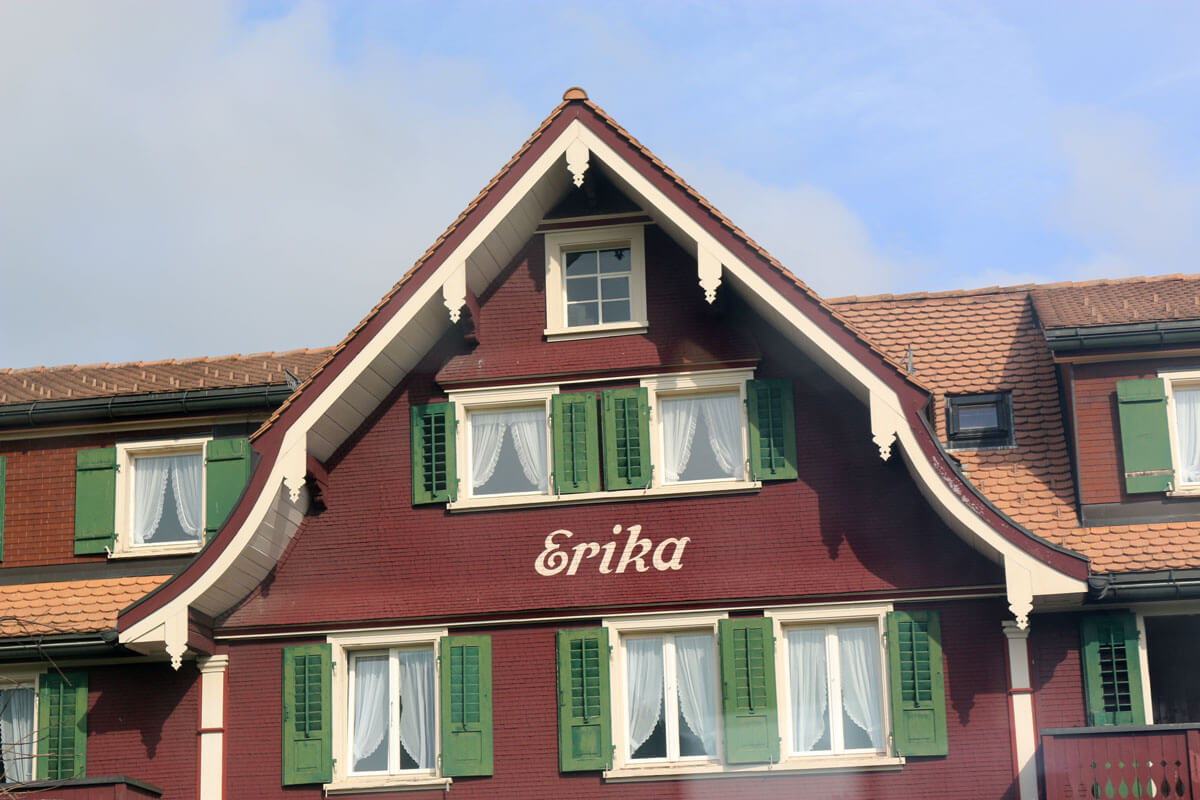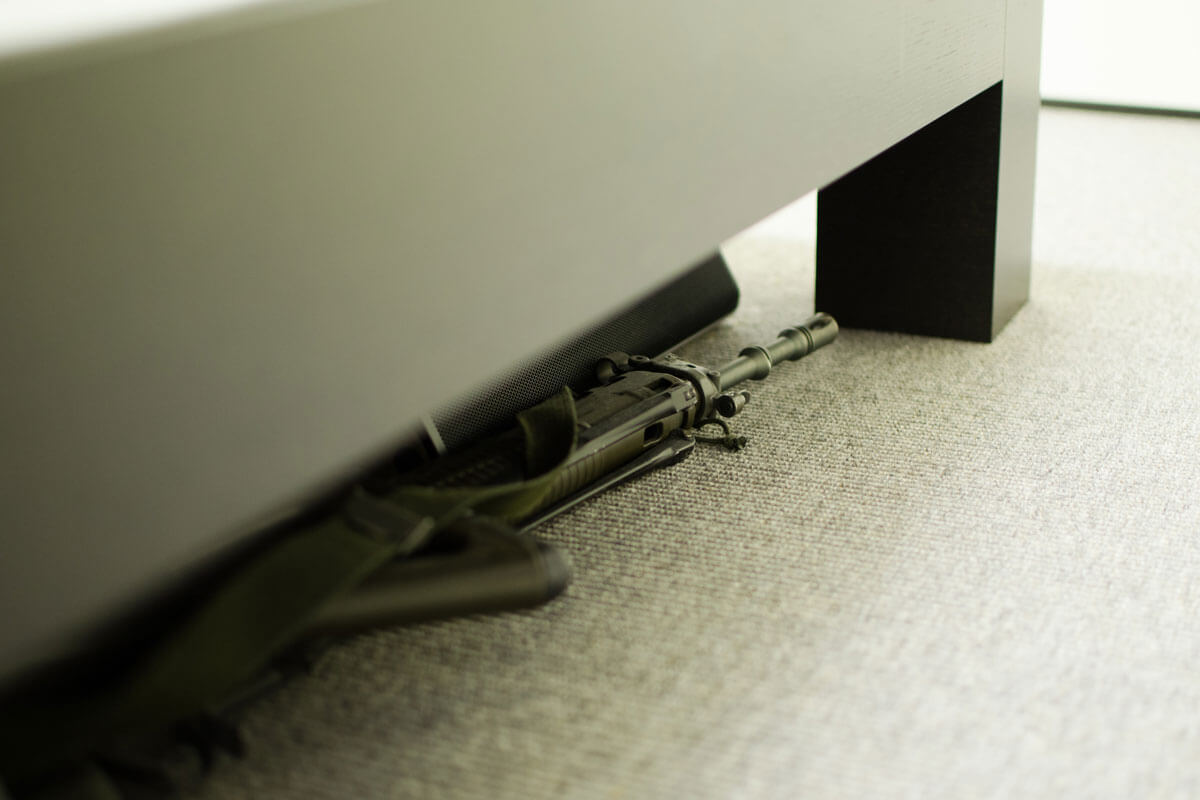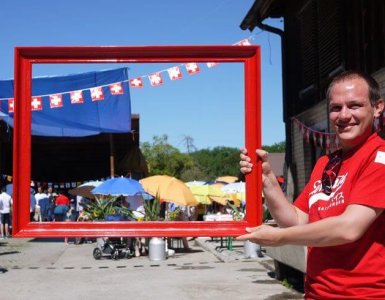
When you live in Switzerland, or when you tell people you have lived there, you will often encounter various myths about this country.
Sure, when you first hear these claims, they might startle you or make you scratch your head wondering, "Is this really true? I live there, and it seems wrong, but maybe..." At Newly Swissed, we are all about debunking myths about Switzerland. Stay with us until the end of this post as we confirm or expel these rumors about Switzerland once and for all.
We hear these myths about Switzerland the most:
Swiss healthcare is among the best in the world.
According to the medical journal The Lancet, Switzerland comes in third place for access and quality of healthcare. Switzerland is often criticized for the cost of healthcare. But Switzerland pays 11 percent of GDP to healthcare, which is less than the 17 percent the US pays.

Many costs are offset by Switzerland's mandatory health insurance, which is notorious for costing more each year. Having personally only had a few encounters with the Swiss healthcare system, I must say that I was happy with the access and quality. However, the price was too high and during one instance, I felt like my doctor knowingly made me incur more costs because he believed my insurance would cover it.
Overall verdict: True.
The Swiss Alps are an extremely formidable place where only farmers and crazy skiers live.
Sixty percent of Switzerland's landmass is mountainous terrain. Meanwhile, Switzerland's largest cities are exclusively located in the flatlands: Zürich, Geneva, Basel, Lausanne, Bern, Winterthur, Lucerne, and St. Gallen. Except for Basel, all of the aforementioned are located on the Swiss Plateau.

That said, there are many towns in the mountains including Davos, Zermatt, Saas-Fee, Crans-Montana, Verbier, and La-Chaux-de-Fonds, and they are not only full of farmers and skiers but also industries like tourism, forestry, and watchmaking, among others.
Overall verdict: False.
All Swiss people wear watches.
It is easy to understand where this myth originated. The Swiss are notorious for punctuality, and the country is world-famous for its watches brands like Rolex, Omega, Tissot, Corum, and Swatch.
However, Switzerland is a free country and there is no law that wearing a watch is mandatory. In an age where smartphones are ubiquitous, it goes without saying that not all Swiss people wear watches.
Overall verdict: False.
The best cheese stays in Switzerland (= foreigner perspective). The best cheese is exported (= Swiss perspective).
This is a tricky myth to bust because many people are so adamant about it. In general, both are wrong. The best cheeses are consumed by the Swiss and they are exported, too. Switzerland has ten AOP designations for cheese (Appellation d'Origine Protégée). They can all be found in and outside of Switzerland.
Swiss cheese producers, however, will make cheeses for specific markets. For instance, Emmentaler AOP (what Americans sometimes call "Swiss cheese") has lots of holes for Italy where they are expected. But the version for France has very few holes because they are not wanted.

Furthermore, some countries have laws on raw milk (non-pasteurized) cheeses, and they may be harder to find outside Switzerland. Raw milk cheese tends to have a stronger taste. Therefore, if you enjoy it and live in a place that forbids such cheese, you will believe the best cheese remains in Switzerland!
In the end, these claims come down to taste and markets. Swiss dairies produce cheese for sale in various markets, and the more flavorful and rarer the cheese, the more you will pay. Take this opportunity to learn more about Swiss cheese.
Overall verdict: Both are false.
Every home in Switzerland owns a gun.
According to the Global Conflict Tracker, there are 23 conflicts in the world today. However, we are more likely to hear or read about a mass shooting in the US than about the political crisis in Burundi. Unfortunately, every time one of these mass shootings happens, pro-gun people release statistics about Switzerland. And in the words of Winston Churchill, there are three kinds of lies: lies, damned lies, and statistics.

Yes, due to the militia army, many Swiss households have a weapon at home. However, ammunition must be stored separately, concealed carry is forbidden, and there is a strict gun registry. Taking this into account, there are fewer guns per 100 people in Switzerland than even in Germany or Austria. On top, deaths in Switzerland that involve firearms are less than one-third of those in the US, with most being suicides.
Here are some of the laws regarding gun ownership in Switzerland:
- You must be at least 18 years old.
- You must not be subject to a deputyship or a supervision order.
- You must not give any cause to assume that you could harm yourself or anyone else with the weapon.
- You must not have a criminal record for violent or dangerous offenses or repeated felonies or misdemeanours.
- If you live abroad or do not have a residence C permit, you will need a firearms acquisition permit or a special license each time you acquire a firearm.
- It is against the law for foreign nationals from the following countries to acquire, own or carry weapons and to shoot firearms: Albania, Algeria, Sri Lanka, Kosovo, Macedonia, Bosnia and Herzegovina, Serbia and Turkey.
Learn more about gun ownership in Switzerland straight from the source: Both here and here.
Overall verdict: False.
Hopefully, this article has helped to clear up some Swiss myths! And the next time you hear one of them, you will be able to shine a light of truth on it...





Add comment